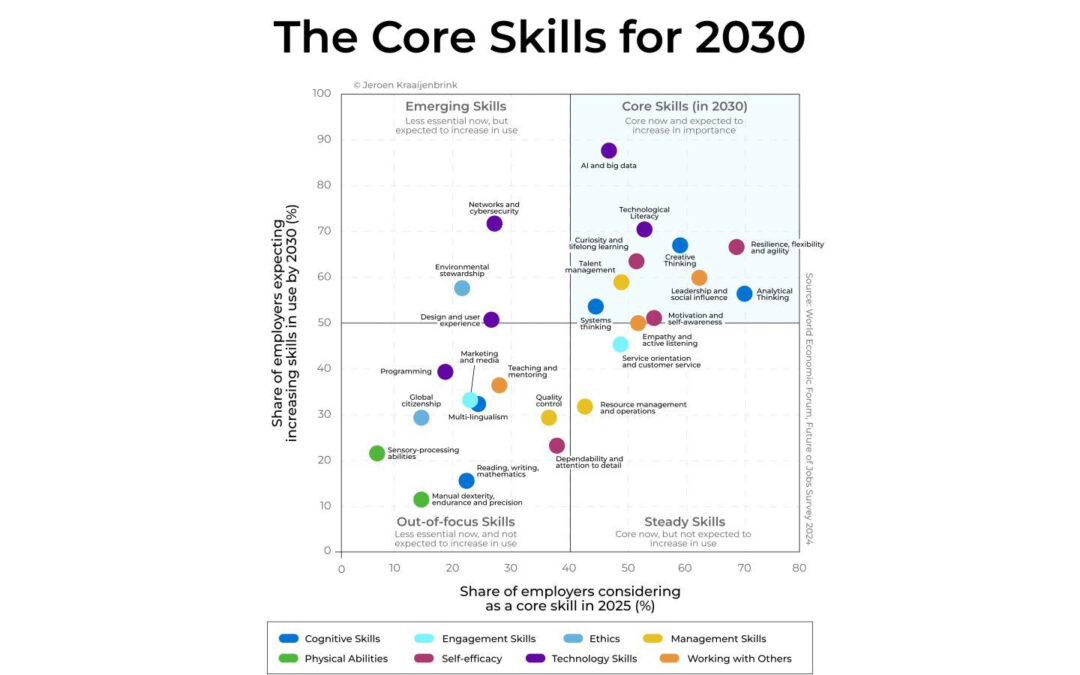Artificial Intelligence is reshaping industries at unprecedented speed, driving efficiency, creativity, and innovation. But alongside these gains come profound human challenges—job displacement, widening skill gaps, and uneven access to opportunities.
Key Themes
- The Double-Edged Sword
AI boosts productivity and solves complex problems but also threatens routine and manual jobs, as seen in industries like insurance where automation is replacing thousands of roles. - Investment Gaps
While billions are poured into AI development, far less is invested in workers. Efforts often focus on enabling people to work with AI tools rather than equipping them with broader, future-ready skills. - Workforce at Risk
Without sustained investment in reskilling and upskilling, inequality will widen as those unable to adapt are left behind. Governments and businesses must urgently address this divide.
A Call to Action
- Upskilling & Reskilling: Comprehensive training in both technical and soft skills.
- Culture of Lifelong Learning: Support continuous education, with incentives for businesses.
- Redesigning Work: Leverage AI to augment human potential, not replace it.
- Ethical AI: Build transparency, fairness, and inclusivity into AI development.
The Bigger Picture
The imbalance between investment in machines vs. investment in people is unsustainable. If we want AI to enhance rather than erode human potential, we must commit equal urgency and resources to workforce development.
As the report concludes: the time to act is now. The future of work depends on aligning AI innovation with human resilience, dignity, and growth.

